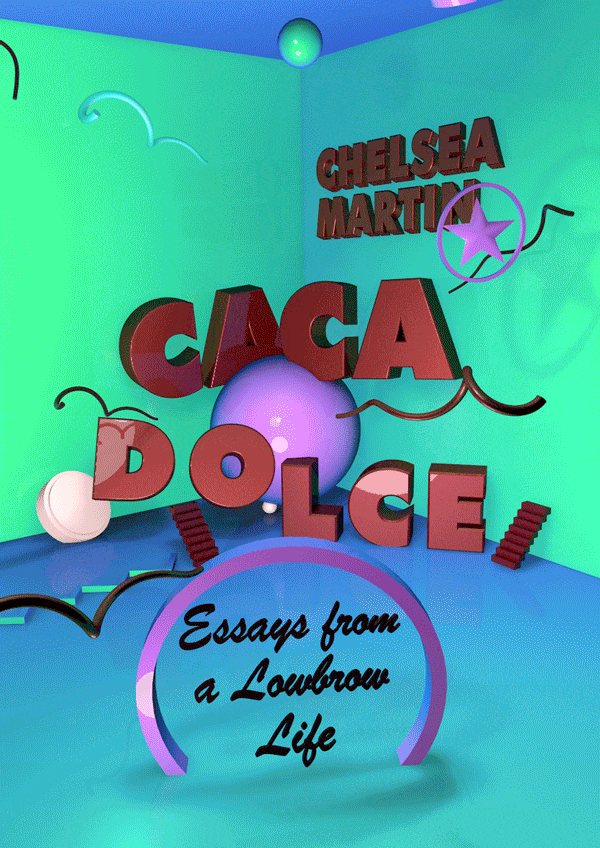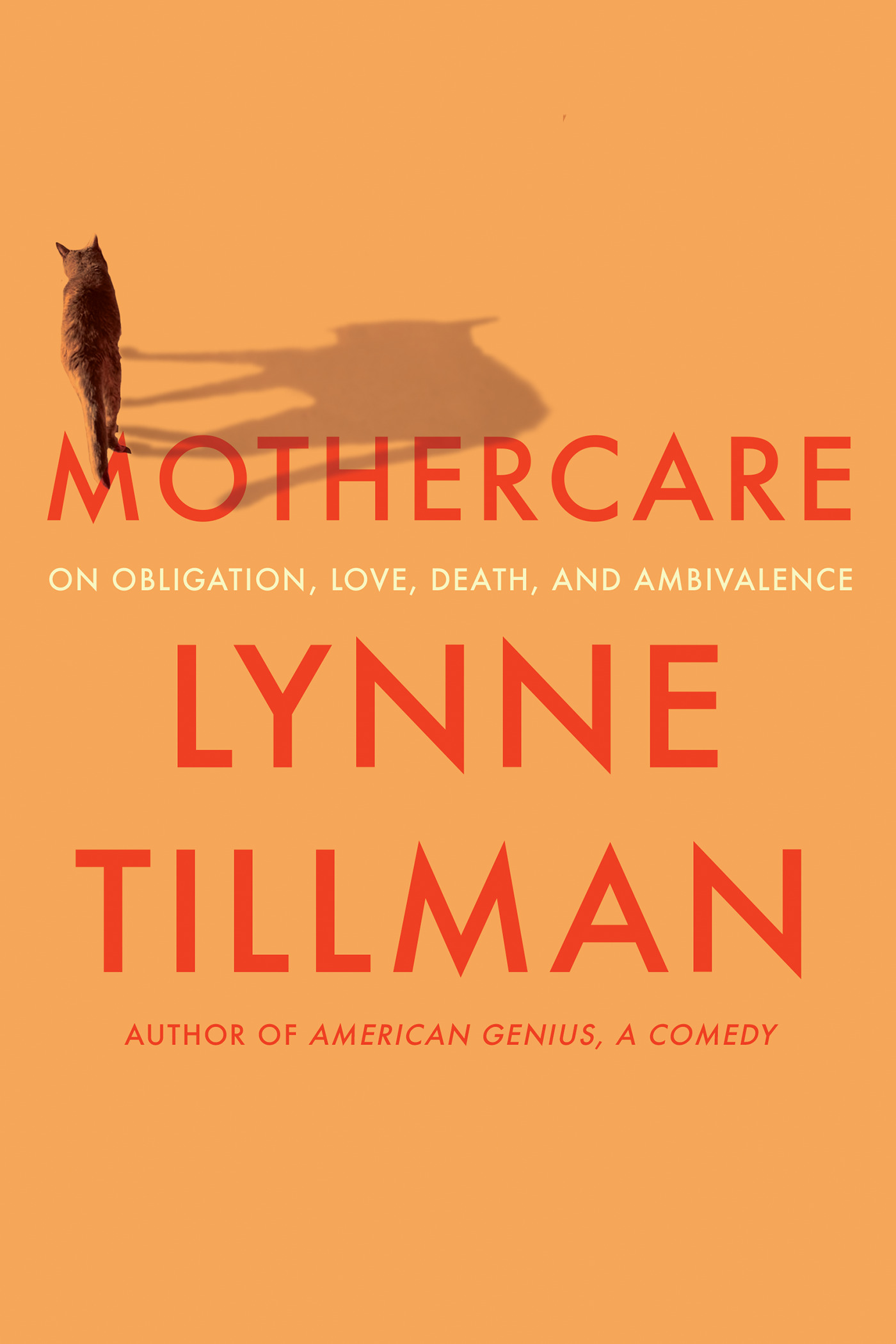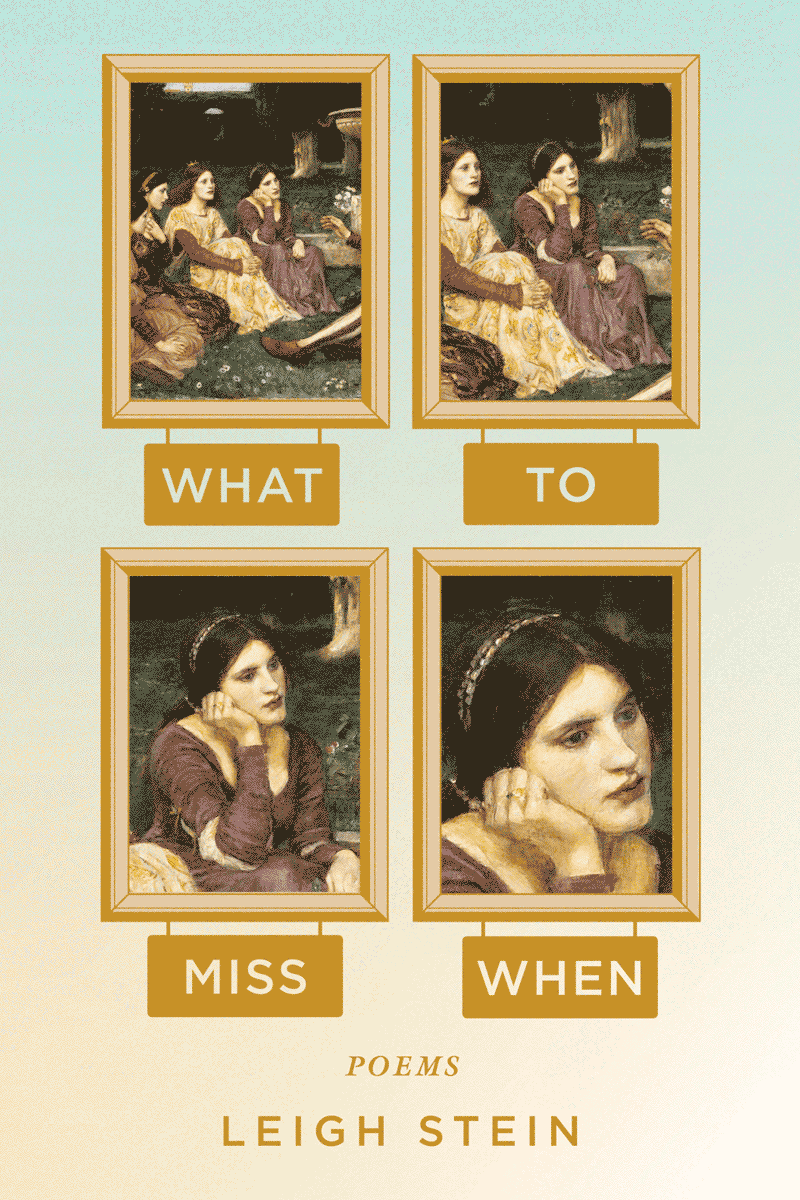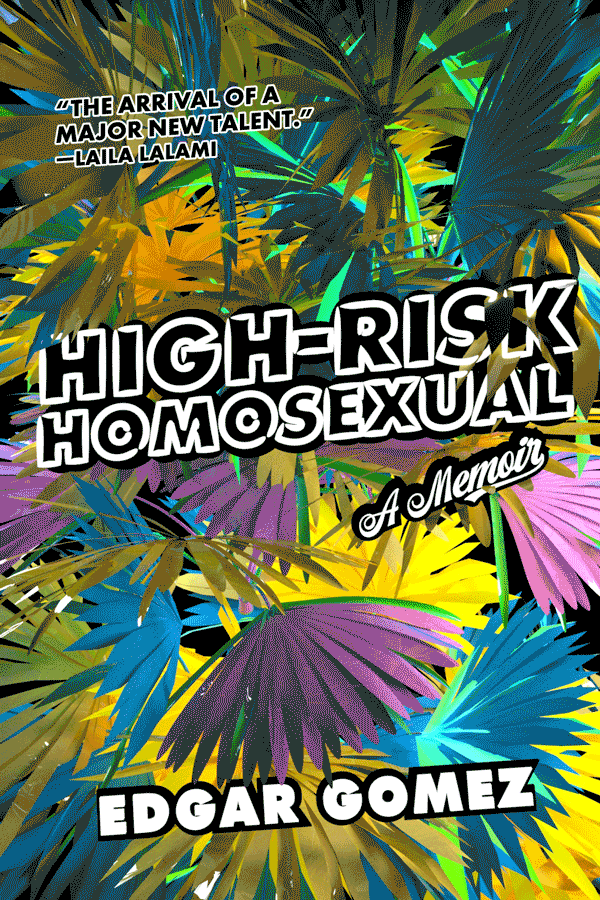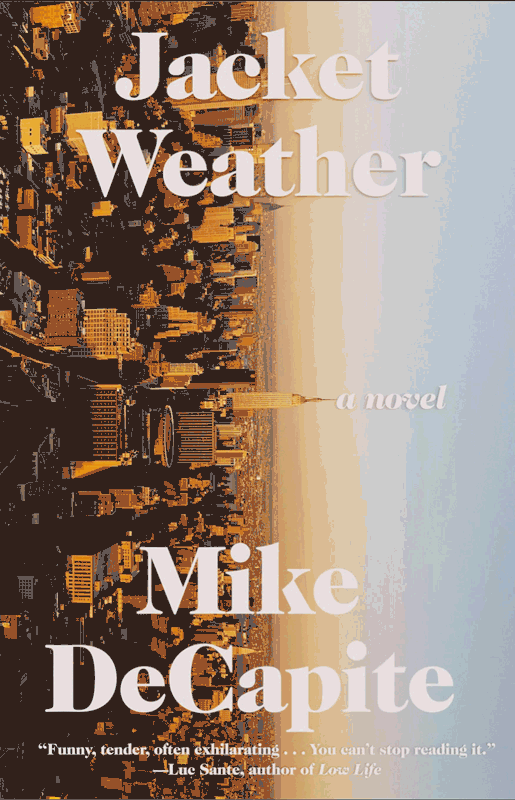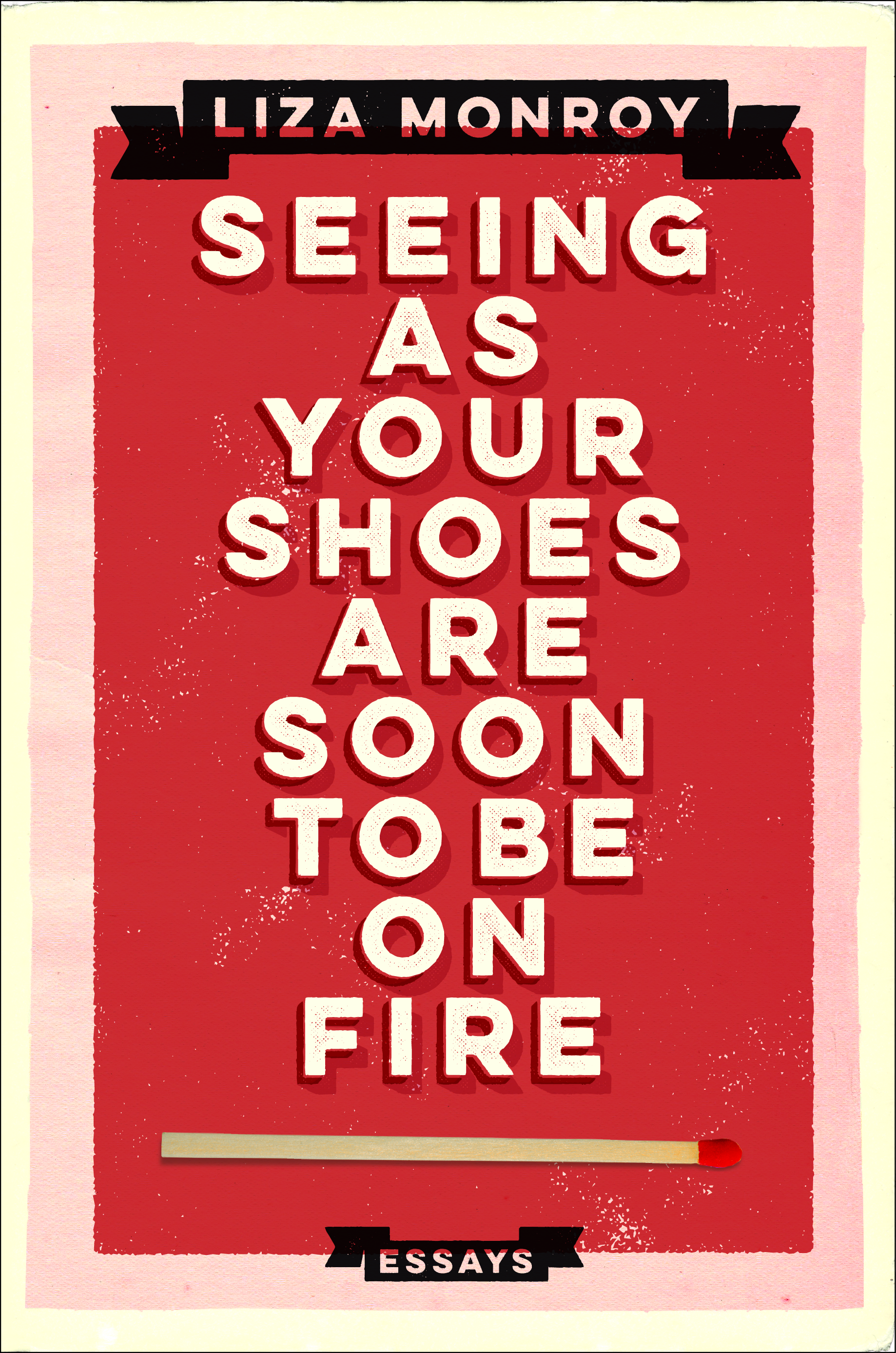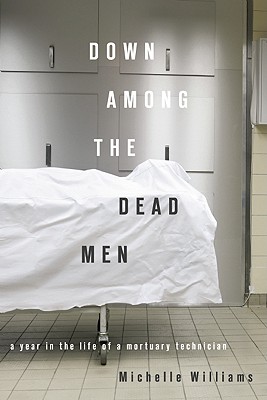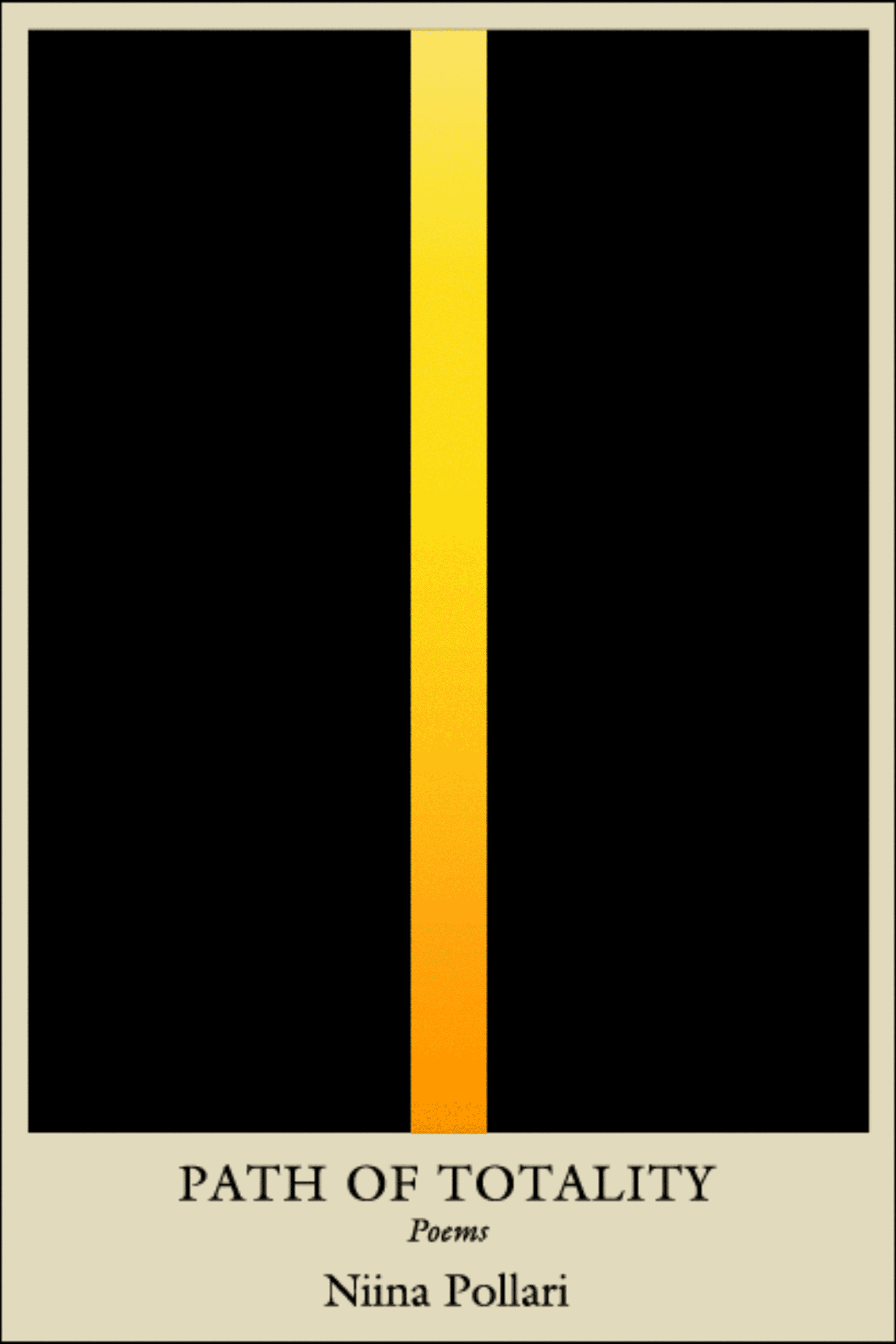
Book Description
Exploring the sudden loss of her child, the hope that precedes this crisis, and the suffering that follows, this collection of poetry renders a shattering experience with candor and immediacy.
This collection is about the eviscerating loss of a child, the hope that precedes this crisis, and the suffering that follows. Spare, plain, sometimes startling in their snatches of humor, Pollari’s poems careen into the “tilted reality” of grief. This is poetry dredged from shock and rage, then dissected with pointillistic precision.
Many of the pieces are closer to prose: in plain, forceful, language that will capture readers outside the poetry audience, they uncover and name sentiments outside of what is expected in books about child loss and grief: for instance, the embarrassment Niina felt for letting herself feel hope and joy, for revealing that she desired to be a mother at all, and for having to inform the world that her desire would not be granted.
A shattering experience rendered with candor and immediacy, Path of Totality is a book “for anyone who ever expected anything” about a rarely told experience of motherhood.
Praise For This Book
"Startling . . . I found Path of Totality mysteriously empowering, as though it offered proof that the human mind is equal to great tragedy." —Elisa Gabbert, A New York Times Best Poetry Book of the Year"This book walks a line between poetry and prose, but there’s room for all of it under the name 'poetry.' In this book, Pollari, a poet and Finnish translator based in North Carolina, renders the labyrinthine grief of the before, during and after of losing a child. It is also a book about loss in general, especially when it comes to surprising desires and expectations, and the complex nature of the word 'motherhood.'" —Sarah Neilson, The Seattle Times
"A gorgeous poetry collection that contends with the sudden passing of a child. Niina Pollari's poems capture the specific, devastating feelling of fixation: not only on spurts of grief but on the small strange things you pay attention to in the wake of it, as if your brain can only hold so much." —Sophia June, NYLON, One of the Best Books of the Month
“Pollari’s writing is expansive, all-encompassing. These poems feel like a generous act; in sharing her tragedy—not just the sorrow, but the fierce and enduring love, the moments of pure bliss—Pollari is offering a legacy, a blindingly beautiful corona surrounding all that darkness. This book, then, feels like a special, cosmic gift.” —Kristin Iversen, Just Circling Back
"Niina Pollari’s Path of Totality, her second collection of poems, the transcription of before and after one moment—what precedes and what follows the loss of a child—instructs both maker and reader how to move through it as a book . . . Like the ritual spectatorship of a solar eclipse, these poems invite their readership to watch—while self-consciously navigating the fear that the narrative, what the poems are 'about,' somehow gets made into novelty . . . The categories of fact and memory combine in their dissimilarities to make a new experience for readers and maker alike." —Christian Wessels, Cleveland Review of Books
"With an exacting eye, forthright mind, and vulnerable sensibility Pollari stewards her exploration of longing, expectation, and loss into metaphysical terrain. Path of Totality affords us an infinite wideness in which prose poems and lineated verse accumulate; each distinct shape builds a tender and moving meditation. This work dives in the far reaches, refracts each nuanced shade of grief it discovers, to reveal fierce love at the center." —Gina Nutt, The Rumpus
"Pollari writes with straightforward, heartbreaking clarity. These poems are unflinching and powerful yet speak in simple, flat language that suggests everything can suddenly look different after a life-changing experience . . . Pollari has suffered the indescribable and written from that place, showing how fierce love can be, and how unspeakable grief can be endured." —Publishers Weekly (starred review)
"This poet speaks from the most terrible grief, losing a child, in the most direct way possible. When language begins to fail, she does not fall silent, but moves into a startling metaphorical knowledge: 'What are you supposed to call the feeling / When you see a star and realize that it corresponds to a map / That it’s just one point in a huge map / Extending over everything like an enormous dark skull.' The poems are often not dark or sad. Yet they all feel achieved by means of an utterly terrible price. When I read their harrowing truths, I remember the irrefutable necessity of poetry." —Matthew Zapruder, author of Father’s Day and Why Poetry
"The exquisitely lyric Path of Totality is as gentle and tender as it is fierce and potent . . . Genre feels less important than the shape and shaping of language itself, and Path of Totality is a container woven to fit the content perfectly. Grief is messy, and the work does not deny that. But there is nothing chaotic about these poems. They grasp the raw and honorable honesty that deep sorrow demands, and deliver with startling clarity and attention the impossible, unending experience of loss, yes—but also, the vast emotional landscape of human experience." —Khadijah Queen, author of Anodyne
"It seems impossible this book was written, and with such grace and startling beauty. Amidst utter devastation and pain—hope, even humor emerges, and tenderness for others, and the other-than-human. These poems are the sunflowers growing up through the abyss." —Kate Zambreno, author of Drifts
"These poems are blisteringly clear, devastated, and oracular, and they brim with the kindness that comes after terrible enlightenment." —Sarah Manguso, author of Very Cold People and 300 Arguments
"You hold this book but this book also holds you . . . This book is alive, as painful as that might be to its brilliant writer. It’s not much comfort but not much can comfort—comfort is not in this universe. What suffuses this universe is all the universe holds despite what, and who, is lost. Am I speaking in code? Any reader of this book knows what I’m saying about it—to the reader nothing, not even utter emptiness, is alien. And emptiness is never utter, though it can be uttered and that sound resembles a splash of stars, a milky wash of stark existence, consciousness, connectedness almost unbearably relentless, almost unbearably beautiful." —Brenda Shaughnessy, author of The Octopus Museum









